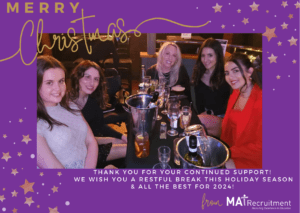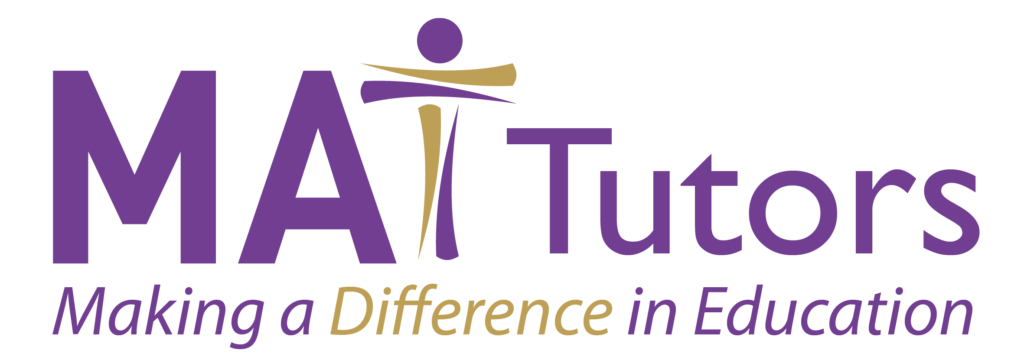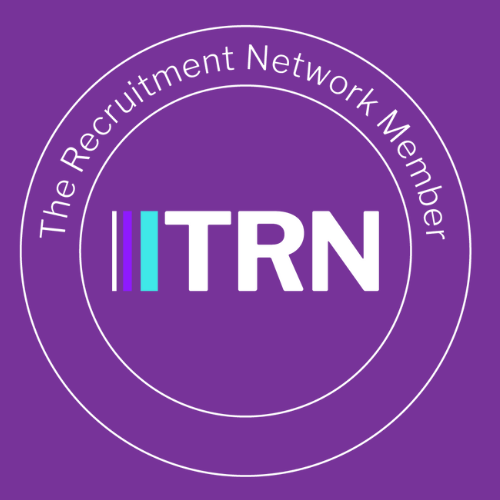It was summer when I wrote my last blog. It is something that I really enjoy doing so I am keen to avoid making it a part of a regimented routine which could suck the fun out of it.
I did have the intention of churning out blog after blog, but for me, writing is a period of reflection and I haven’t developed the skill to write a blog at the drop of a hat.
This is because as a teacher of ten years, I have developed skills I took for granted whilst in my time at school. I have become capable of looking at the big picture and articulating this to students in bite size chunks that make it more digestible and therefore, hopefully more engaging and impactful. The little nuances I took for granted as a teacher have been highly praised in the workshops I have delivered across the nation.
At a school in Southampton I received a glowing testimonial complimenting the resources I had created. Jake Collings, the careers lead at the Wildern School was kind enough to say…
“Students loved the practical aspect to the day, creating their own media concept, and worked well in teams, inspired by the initial story behind Channel 4’s Gogglebox. The resources were easy to follow and well laid out with plenty of instruction, and students left enthused to get their pitch ready for the competition thanks to Baasit’s hard work on the day.”
Those well designed resources have naturally evolved. Teachers are described as reflective practitioners who are constantly evaluating and critiquing their work and honing their craft. As you get more experienced, large portions of this become second nature and you reach that end product a little faster.
That’s how I felt when I created my first set of resources for my “Let’s Pitch It” workshop. The competition which gives disadvantaged students the chance to plan, present and pitch an idea for a television show. The ultimate prize is a trip to London to visit a television studio and meet the movers and shakers of the TV industry.
Although I was confident in the resources I’d made and how they would support building a variety of skills and aspirations of disadvantaged students, I knew I’d need to do more if I was to get schools to invest in me and invite me in to their school and deliver my workshops. It wasn’t enough that I thought the lessons were good, I needed to prove they were good. I needed to add more meat to the bones of my pitch when asking schools to work with me.
Whilst promoting my workshops to schools and other educational establishments, I came across the Education Endowment Foundation.

The EEF is an independent charity that has the core aim of using research based methods to help bridge the gap of attainment for children who come from lower income families. They have created a teacher toolkit which allows teachers and other educators to look at projects and teaching concepts and see how well they support students in improving their chance at success.
The fact that it is heavily research based adds so much credibility to the successful projects and teaching methods.
As a teacher, I had never used the EEF teacher toolkit. Now, whenever I go in to a school or do a talk in front of educators this tool kit is one of the first things that I mention.
Not long after contacting the EEF, they kindly put me in touch with a local research school in Derby. Wyndam Primary incorporates a lot of the EEF successful teaching strategies. I have been lucky enough to visit the school a number of times and am always blown away by the ethos and work ethic of the school and its staff.
I was fortunate enough to have a meeting with Tammy Wyndham, the assistant head at Wyndham Primary with a focus on research driven practice. Tammy looked at my “Let’s Pitch It” workshop and where I had felt, or believed that the work I was doing would impact students positively, Tammy helped me prove this.
A good teacher is trained to use skills and plan for things that will lead to a better class room environment, more engagement and therefore more impact. It was a great sense of validation to go through the teacher toolkit and see that research proved the work I was doing in classrooms had merit, especially with supporting disadvantaged students raise their aspirations and attainment.
The key part of my workshops that have been proven to improve impact for all students but more so with disadvantaged students are:
Collaborative learning – According to the EEF and their research, team work can improve confidence and improve a student’s attainment by five months. My workshops have a strong focus on group work and ensuring the groups get to know each other and each of their points are valued.
Peer Tutoring – This has been proven to improve attainment by five months. This is incorporated in to my workshops in a variety of ways. I always suggest to schools to bring in student helpers from the year above when I visit. The act as support staff for the day and use their teaching skills to support their peers. At the end of the day these older students receive a reference from me as a thank you.
Social and emotional learning – There is less of a focus on grades in my workshop and more of a focus on students exploring and being creative. Anyone can have an idea and children’s ideas are sometimes the most inventive. The workshops are designed to celebrate this creativity.
Digital Technology – The “Let’s Pitch It” workshops are based in an ICT suite for the whole day. Students develop their digital research skills and their practical ICT skills throughout the day. The effective use of digital technology can positively impact a student by four months.
Aspiration intervention – I have been lucky enough to work with inspirational people in the media industry. Part of my workshops includes podcast interviews with these inspiring individuals. It is important for students to know that not many people at their age have a clear life goal or their life mapped out. However out of all the producers, camera technicians, cast managers and channel commissioners I interviewed, each has a story to tell that should hopefully inspire someone.
As a teacher and a reflective practitioner, planning and creating well-structured, engaging and motivational lessons has become somewhat second nature. But as a business man I’ve learnt that self-belief isn’t always enough. It is vital that in order for you to get your foot in the door. That there is actual proof in the pudding and research based evidence that proves what you are doing will have a positive impact.














